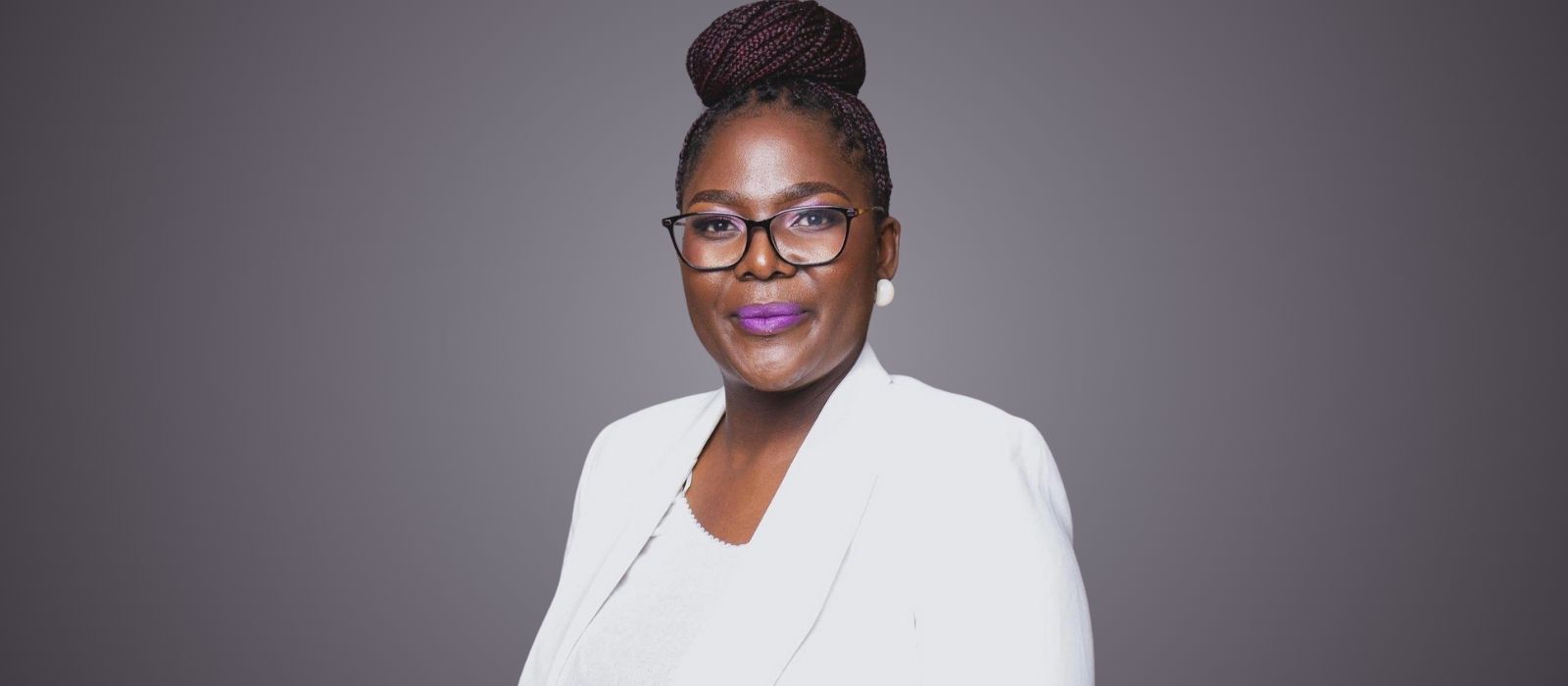
The University of Zimbabwe (UZ) is set to host the inaugural SASA Festival which is a platform created to merge the gap between the arts and health sectors.
The festival is being organized by part four UZ students from the department of Creative Media and Communication. My Afrika Magazine reporter Ronald Gwatidzo (RG) spoke to Gertrude Vimbai Pfumayaramba (GP) one of the festival coordinators about the festival.
RG: Let’s hear the background to this brilliant idea and the meaning of the abbreviation SASA.
GP: SASA Festival aims to bridge the gap between arts and healthcare, with “SASA” being a slang word for “speak” (taura).
RG: Talk to us about the layout of events for this Festival?
GP: The festival will feature panel discussions, workshops, live performances, art exhibitions, and interactive installations.
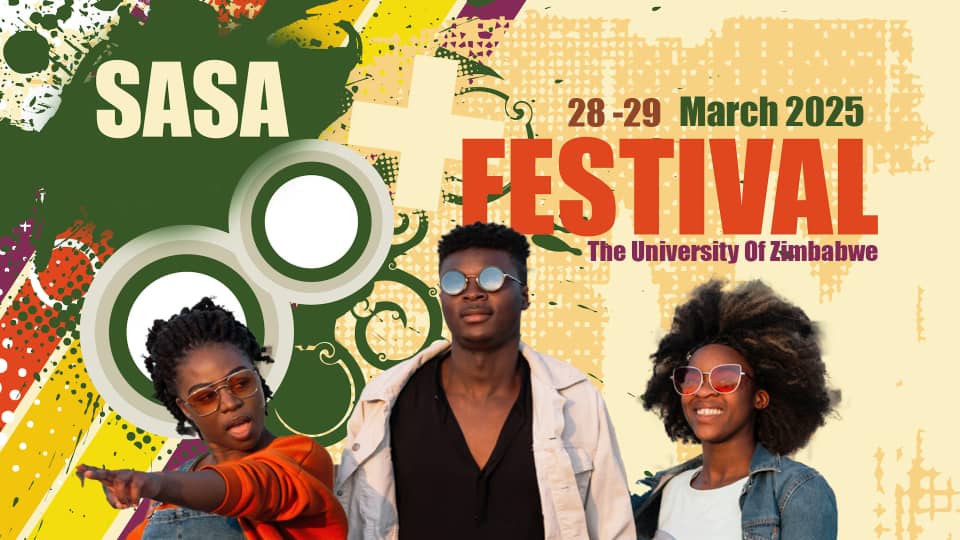
RG: Who are some of the panelists to look out for the festival?
GP: Mental health professionals, artists, advocates, and thought leaders will participate in panel discussions.
RG: One of your aim is to raise awareness on mental health issues faced by youth? How do you intend to do that?
GP: Raising Awareness on Mental Health: The festival will host workshops, partner with schools and universities, utilize social media, and provide a safe environment for young people to share their experiences.
RG: Why do you think fostering community connection is important among artists?
GP: The festival aims to break down feelings of isolation, provide a support network, encourage collaboration, and promote a sense of belonging among artists.
RG: Now, it is always sad when stories of how artists were not okay surface after their unfortunate demise, how do you think artists can be regularly encouraged to take care of their health more?
GP: Encouraging Artists to Prioritize Health: The festival will provide access to resources, promote openness and honesty, encourage self-care practices, and foster community connection.
RG: What do you think this Festival will achieve and will it be happening annually?
GP: The festival aims to raise awareness, provide a platform for artists, and promote wellness. It will be an annual event, with plans to expand and grow.
RG: Given that the festival becomes a success, what’s next?
GP: If successful, the festival will expand to include more events, establish partnerships, and develop a year-round program promoting mental health and wellness.
RG: What is your opinion on the current relationship between the arts and healthcare sectors in Zimbabwe? What can be improved, maintained, or disregarded?
GP: The relationship between the arts and healthcare sectors in Zimbabwe is currently limited, with only a few initiatives focused on supporting the mental health of artists. Greater improvements can be achieved through increased awareness, education, and strategic partnerships between the two sectors. Promoting mental health programs specifically tailored for artists, fostering collaborations, and creating safe spaces for dialogue can significantly enhance this relationship.
RG: How can people get involved, partner, or associate with this cause?
GP: Individuals and organizations can get involved by attending the festival, partnering with its initiatives, or associating with its mission. This can be done by visiting the official website, reaching out to the organizers directly, or sharing information about the festival on social media platforms.
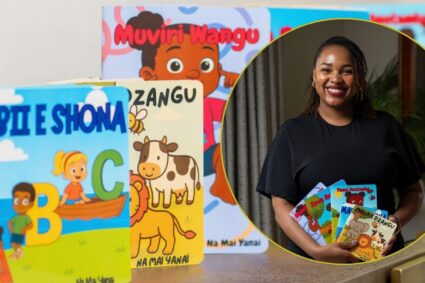
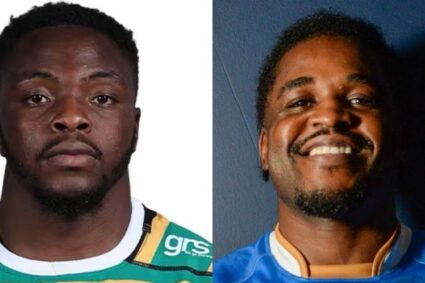
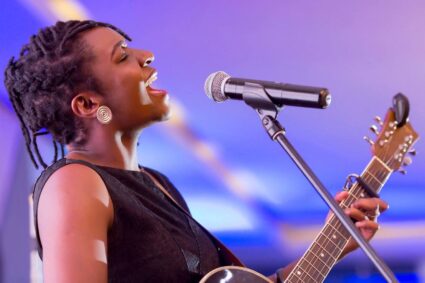
This is going to be a wonderful Festival I tell you.Mental health awareness is vital in our day today lives,it surely cannot be ignored .Thank you for this initiative Mrs Pfuma